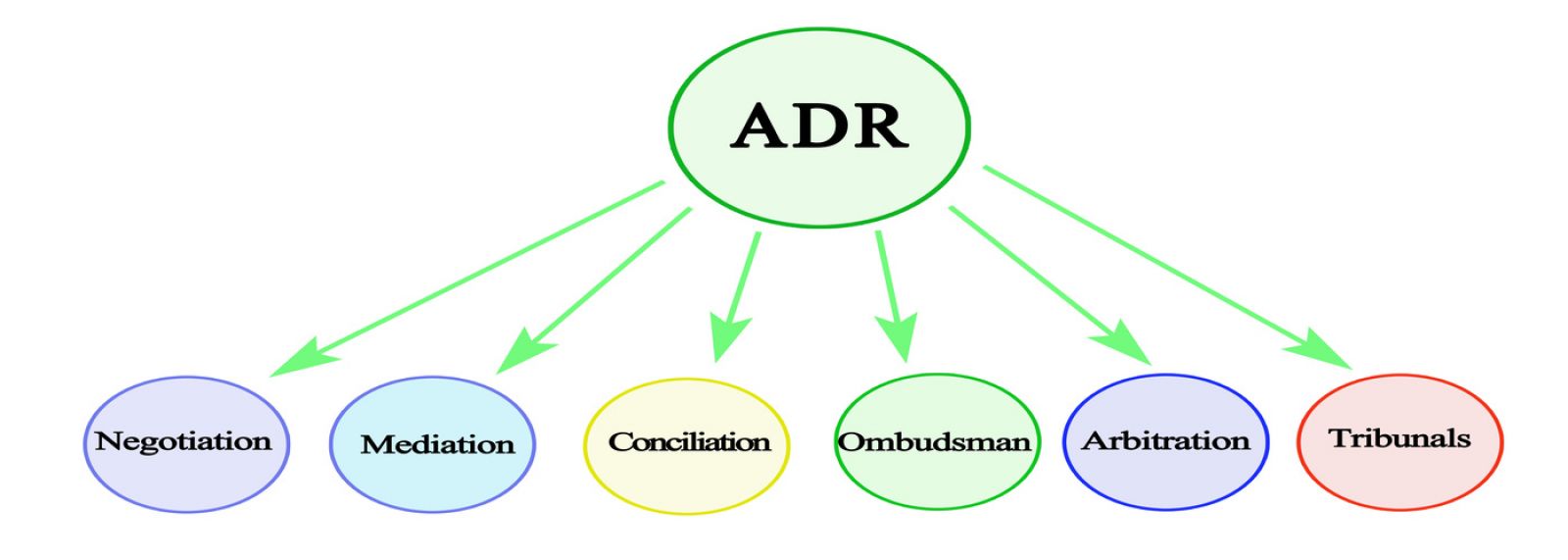June 21, 2023
By Joy Keller
While the role of ombuds in state courts is not new, recently several states are taking a second look at instituting or returning these offices to their judiciaries. 2023 legislation in Colorado will create the office of the Judicial Discipline Ombudsman as an independent office for complaints against judges. In 2022, Florida’s Office of the Inspector General was established “to provide a central point for the coordination of, and responsibility for, activities that promote accountability, integrity, and efficiency in the state courts system.”
Similarly, New Jersey's well-established Judiciary Ombudsman Program helps the public with complaints against judges and staff. According to Dominque Brooks, Ombudsman for Vicinage 1, “the Ombudsman program began as a single county pilot in 1997 and has been a statewide program since 2005, expanding to one for each of the 15 vicinages, one for probation services at AOC, and one for the Superior Court Clerk’s Office. In addition to providing extra assistance to court users and resolving complaints, our Ombudsmen are very active in community outreach initiatives to engage with court users in the community away from any potential stigma of coming into our courthouses.” Notably, New Jersey also has a user satisfaction survey for the ombuds to review to be proactive in preventing conflicts. Other courts like the Texas Office of the Ombudsman assist the public with complaints against attorneys.
An ombuds or ombudsman is someone who investigates, reports on, and helps settle complaints for an organization. Ombuds are common in several case types for parties, such as estates and guardianships, child welfare (43 states), and juvenile justice. Alternative dispute resolution (ADR) has long been proven as an effective method of resolving conflict for litigants.
The use of ombuds has also been applied to address internal employee conflicts. In 2019, the federal judiciary created the Office of Judicial Integrity for court staff to “serve as an independent resource outside of the courts’ chain of command, providing confidential help, information, and referral, answering questions and providing guidance on informal and formal complaint options for addressing workplace harassment, abusive conduct, or other wrongful conduct.”
Ombuds or ombudsmen are also common in businesses, governments, universities, and federal and state courts to resolve disputes. 38 states have ombudsmen services for children. Yet, many courts have eliminated the tradition of ombuds. While designed to address court users’ complaints, some judicial disabilities commissions and attorney grievance commissions have been deemed difficult to access and navigate. As New Jersey ombudsman Michele Bertran said: “[C]courts can be complex and intimidating. The issues that bring the public into contact with the legal system involve significant rights and matters of great importance to individuals, communities, and society.”
By utilizing a neutral third party, courts can offer an opportunity to resolve many disputes without a formal complaint process that may otherwise become onerous. With the continued decline in public trust and confidence in the courts, the comeback of ombuds programs can be an effective way for courts to improve their relationship with their users.
Does your court or AOC have an ombuds office for your staff or the public? Let us know! For more information, contact Knowledge@ncsc.org or call 800-616-6164. Follow the National Center for State Courts on Facebook, Twitter, and LinkedIn.
